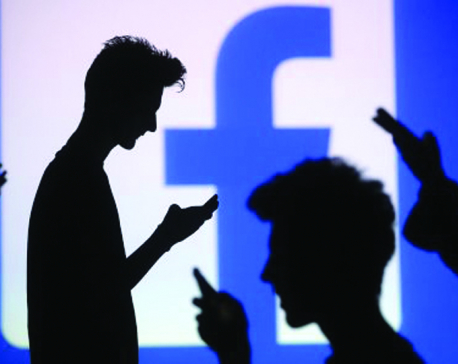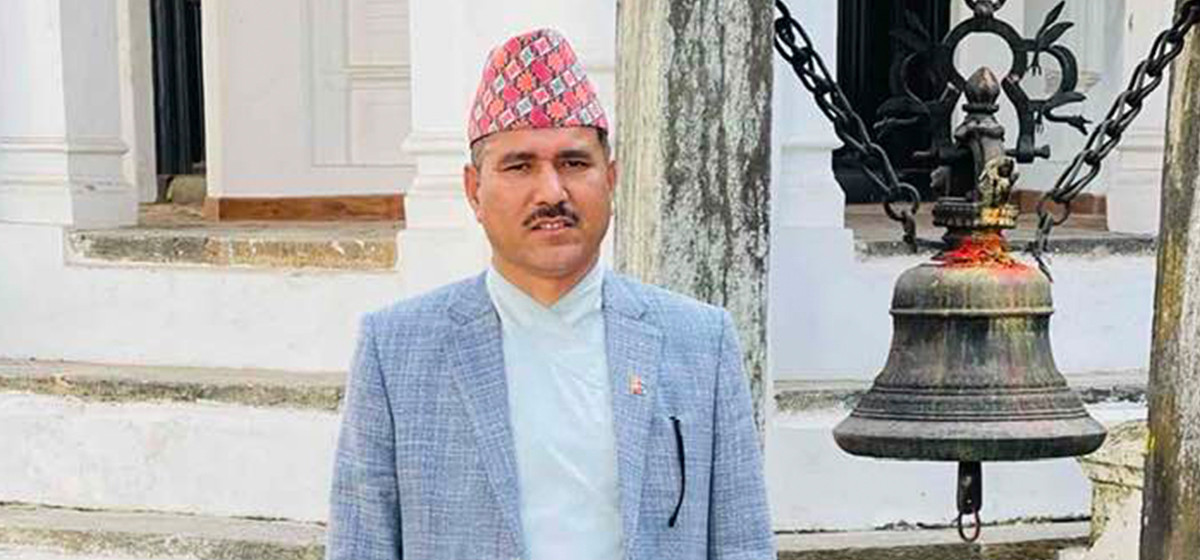
OR

More from Author
Does it bother you when you look at the pictures of your friends on your phone? Do you wonder how their lives have become so perfect, how they look so happy and beautiful in their pictures and you don’t in yours? Does it make you anxious when you scroll through the pictures your friends posted from the party you missed? You don’t have to answer. Research shows that you do get very upset.
The platforms people use to establish connections with others can also cause them to feel isolated and experience self-doubt. Looking at others’ profiles triggers within us a desire to compare ourselves with others, stimulates the feeling of jealousy and causes us to question our self-worth. A study conducted by the University of Pittsburgh in Pennsylvania has found that teenagers who use social media heavily are three times more likely to feel socially isolated than those who do not. Platforms introduced to build communication and friendship have now become highly competitive and toxic.
Social media is a forum for people to share their lives and voice their opinions. However, it is important to realize that what we see in social media is carefully curated and unrealistically represented in order to impress others or control the way other people look at us. Social media has become a platform that allows people to hide their true selves and instead, create a new, ideal self, the self most likely to be loved and appreciated by other social media users.
For people, especially teenagers, who seem to be highly affected by their peers’ opinions, social media has created an ocean of self-doubt, wherein they are caught in a whirlpool of edited pictures, happy faces and fake personalities. A person can post happy pictures, positive quotes and still suffer. In fact, researchers at Stanford University have revealed that students who committed suicide had often projected a perfect image on social media but struggled behind the digital curtain. Their results suggest that though we think that we get to know and understand a person through what they post, we, unfortunately are wrong. Social media only provides people a mask to conceal their true selves from others. Because they are hiding, their confidence in public and in real life can significantly degrade.
It is also important to understand that adolescence is a chaotic age during which youths question themselves and are really harsh judges of themselves. Perfectly edited pictures can cause others to look at themselves in the mirror with tremendous dissatisfaction. Thoughts like “she scores good grades while managing time to click pretty pictures”, “I wish I were as good looking as him” or “Why am I so repulsive?” can occur inside the heads of young teenagers, as they scroll through their friends’ pictures. Social media is not necessarily the cause of self-doubt but it does exacerbate the feelings of self-uncertainty and insecurity people have about themselves. For instance, if a person is already feeling insecure about his or her body, looking at friends who post perfect and flawless bodies online will only worsen his or her insecurity. While social media might not be the heart of the issue, it certainly can worsen self-esteem.
The problem with social media doesn’t end when someone posts a picture. The amount of time and energy people spend in order to “collect” and “monitor” the likes they get is insane. Expecting people to like our posts is like asking others for validation, or letting others control the way we look, act and behave. If we get fewer likes on our recent post than our previous one, we eventually make up our mind that the picture wasn’t “attractive enough”, even though we thought we looked beautiful in it. Those tiny numbers below our posts have started to mean so much to us, that we often forget the only opinion that matters is our own.
It is important to keep in mind the effect of social media on people, especially teenagers. Parents play a vital role in monitoring their child’s relationship with social media.They should have a heart-to-heart conversation with their children, assuring them they are just trying to help and not interfere in their children’s personal life. It is also important to encourage and appreciate teenagers for the way they are and not only how they appear in their pictures.
A real life conversation is highly effective. Relationships, not just with parents, but also friends, siblings and others require real face-to-face conversation to grow and be nourished. Texts and emojis alone are not enough. Teenagers should also be aware about the detrimental effects of social media and should be educated about the lasting consequences over-use of social media could have on them.
They should be able to discipline themselves and allocate a certain, limited time to devote to social media. If children feel that they are responsible enough to manage their online lives, they must also accept the bucket-load of responsibilities that come along with using social media. From time to time, a social media detoxification - a break from social media - is a must. During this break, not just children but all family members should make an effort to bond and connect to each other, overcoming the high digital walls and their addiction to their phones.
You May Like This

Threat to resist
First it was about what prevents people from contracting coronavirus: Take a little bit of alcoholic drinks, eat garlic and... Read More...

Twitter beats on revenue, sees rise in daily users viewing ads
SAN FRANCISCO, July 26: Twitter Inc (TWTR.N) posted a better-than-expected second-quarter revenue on Friday and an uptick in daily users... Read More...

New Zealand to target online giants with digital tax
WELLINGTON, Feb 18: New Zealand said on Monday that it plans to update its laws so it can tax revenue... Read More...






Just In
- 16 hydroelectric projects being developed in Tamor River
- Cosmic Electrical completes 220 kV transmission line project
- Morang DAO imposes ban on rallies, gatherings and demonstrations
- Gold smuggling case: INTERPOL issues diffusion notice against accused fugitive Jiban Chalaune
- Raya appointed as Auditor General
- 9 are facing charges in what police in Canada say is the biggest gold theft in the country’s history
- Gold price falls by Rs 600 per tola
- Dr Anjan Shakya nominated as National Assembly member














Leave A Comment